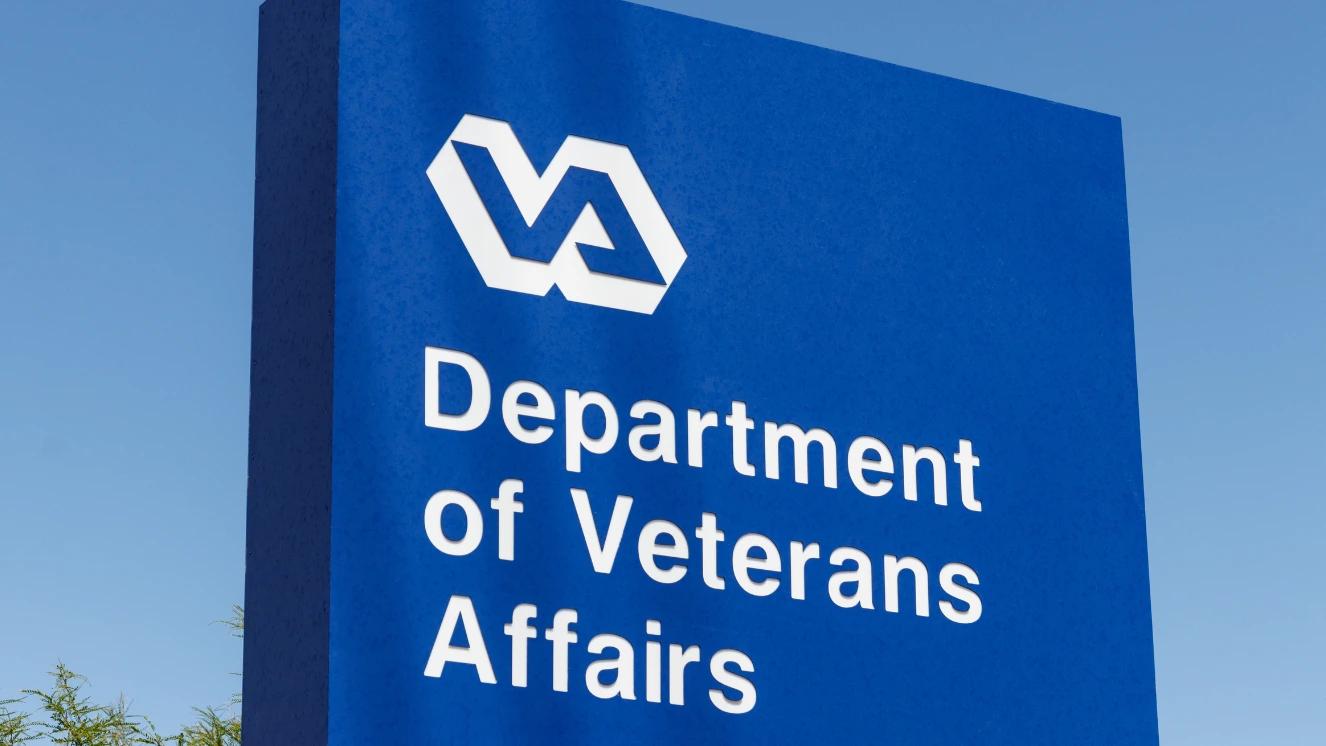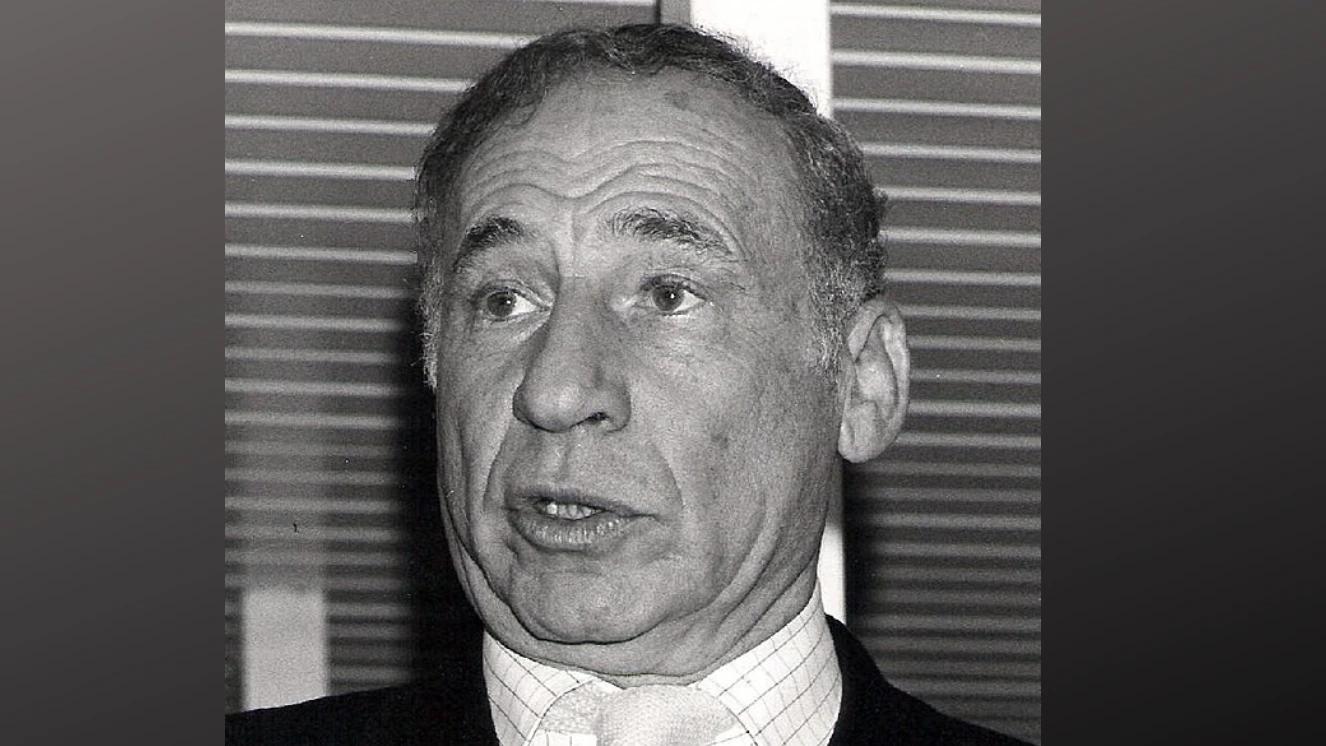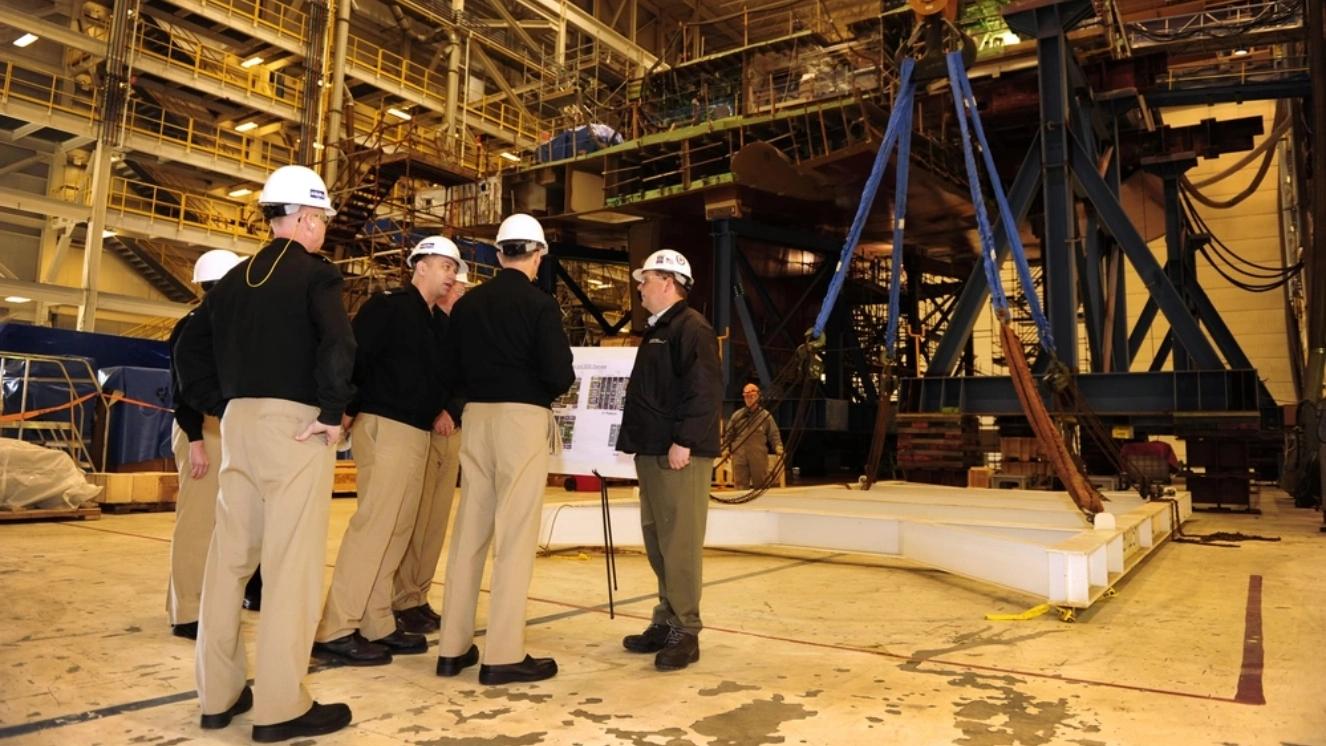CAN A VETERAN REALLY BE RECALLED AT ANYTIME TO ACTIVE DUTY?

Getting recalled into active duty is unlikely, but it’s not impossible. Warfighters are highly trained, valuable assets to the U.S. military, even after they’ve separated from service. Maintaining national defense and American interests comes first, so just because you’re a Vet doesn’t mean you’re necessarily done serving. Here’s what being recalled might look like for Veterans.
Can Veterans Be Recalled to Active Duty?
Yes, some Veterans, especially those who are retired, can be called back to active duty if needed.
While unlikely, a military recall usually happens during a national emergency or when the American Armed Forces need specific skills that are hard to find elsewhere, like medical professionals.
Not every retiree qualifies for recall, and the military divides retirees into categories based on age and how long they’ve been retired:
- Category I: Retirees are under 60 years old, retired within five years, and have no disabilities. They are most likely to be recalled first.
- Category II: Retirees are under 60 years old but have been retired for 5 years or more.
- Category III: This group includes those retired from the military due to a disability or are a retired Vet over the age of 60.
In addition to these guidelines, each branch has limits on how many retired officers can come back at one time. Just be mindful that if there’s a major emergency, these limits are lifted.
Having volunteers ready to fight is a core principle of our nation’s military, and keeping these warfighters ready for the job at hand remains the main focus.
Retired Vets are brought into the picture for military recall only when absolutely necessary.

Retirees, Officers, and Federal Employees
Depending on your rank, status, branch, and role, you could be recalled for military service, and even federal employees can be called back during dire situations.
Any type of military recall will depend not only on the situation at hand but also on the branch in need of your services. When it comes to retaining and recalling retirees and officers, each branch handles it in their own way.
The biggest consideration is for Sailors, who are transferred to the Fleet Reserve after retirement, until they have 30 years' service, before ultimately being transferred to the retired rolls.
With that being said, officers in the U.S. military are still technically linked to their duties, unlike enlisted members, forever. There’s an opportunity to resign your commission, but it’s uncommon.
Therefore, if Congress or the President decides to recall officers for duty, even retired Vets will be called into action.
As for federal retirees, you’re likely in the clear, but there’s still the possibility of being recalled to your position. Agencies operating under the federal government can recall workers.
This only really happens for those with specialized skills to support operations that are actively responding to a war or emergency in a specific part of the world.
What to Expect
If you find yourself as a qualifying retiree and are selected to be recalled to the military, you’ll be officially ordered back to duty and receive full pay and benefits while serving.
In most cases, you’ll retain the same rank you held at retirement, but in some cases, a promotion could be in order.
Again, these variables all come down to the situation at hand and the needs of the United States.
For most, service would be 12 months within a 2-year period, with the exceptions of war and national emergencies.

Army Retiree Recall
The Retiree Recall Program allows retired Army Soldiers to return to active duty if a specific unit requests them by name.
These tours are voluntary and used only when there’s no one else available to fill a role.
To qualify, Soldiers must meet health and service requirements and submit several forms.
Most tours last around two years, though some roles, like aviation, can last longer. Depending on the needs of the mission, going overseas is a possibility.
Under this specific program, Soldiers won’t be promoted while serving; however, they can make more money.
If you’re recalled to serve two years or more, you could have your retirement pay increased as a result.
Soldiers may also receive additional education benefits, but it’s not the norm, and in order for this to happen, it takes a literal act of Congress to become a reality.
Interested in signing up? Well, that’s not quite how it works. The Army retiree recall is only available to Soldiers who are requested by a command and fit the job’s needs.
Stop-Loss Military Programs
There are voluntary extensions and involuntary military extensions. Stop-loss is the latter.
Since 1984, or at least around there, if the military wants to keep you on as an active duty member past your anticipated discharge date, they can.
This isn’t the norm, but it’s not unheard of, as it’s been used multiple times and can be activated whenever.
In most cases, however, it’ll be similar to other actions mentioned here, where Congress declares an act of war or national emergency.
Still, the President can decide that a stop-loss program is in the best interest of our nation, depending on the situation, and if Congress isn’t in session, everyone in the military is retained for at least six months or until lawmakers make an official change.
Even though these are the frameworks the government has to work with, a stop-loss aims to keep people with specific skills that are needed involuntarily.
The good news is that if you do have to deal with such an arrangement, you’ll receive $500 per month on top of your regular pay for your service.

Is the Military Recalling Veterans?
Under our current circumstances, recalling Veterans for military service doesn’t seem to be on the table as a widespread method.
Nevertheless, the possibility still exists that our nation’s warfighters may be asked to answer the call once more under dire conditions.
Suggested reads:
- So You Slept Through Your Transition Assistance Program…Now What?
- Understanding Retirement Pay and Its Correlation to Years of Service
- What to Expect After a Medical Retirement From the Military
Sources:
Retiree Recall - HRC, Army. Accessed April 2025. https://www.hrc.army.mil/content/Retiree%20Recall
10 USC Ch. 845: RECALL TO ACTIVE DUTY, OLRC. Accessed April 2025. https://uscode.house.gov/view.xhtml?path=/prelim@title10/subtitleC/part2/chapter845&edition=prelim



